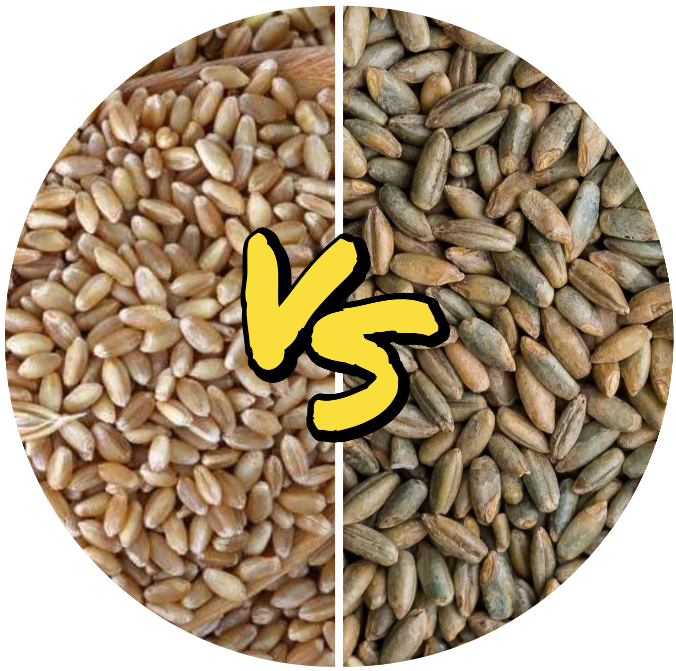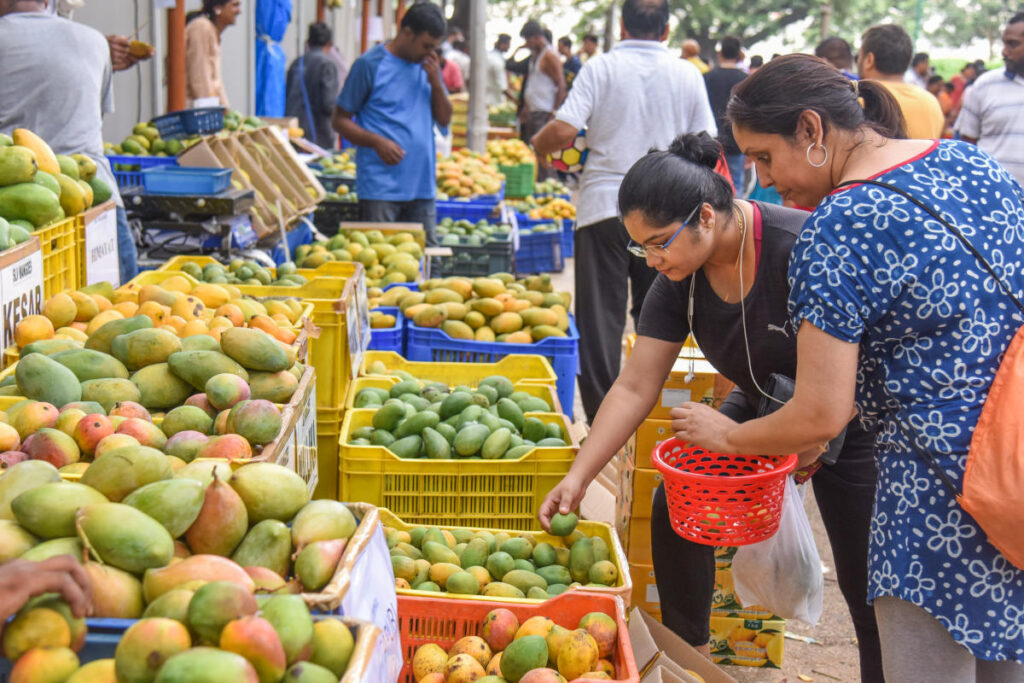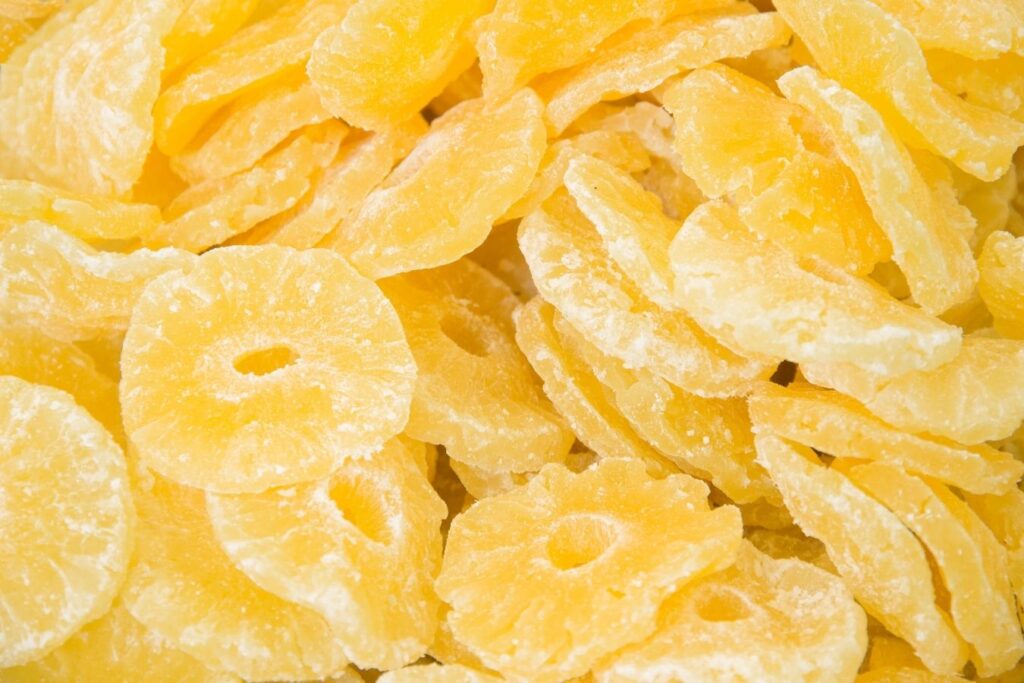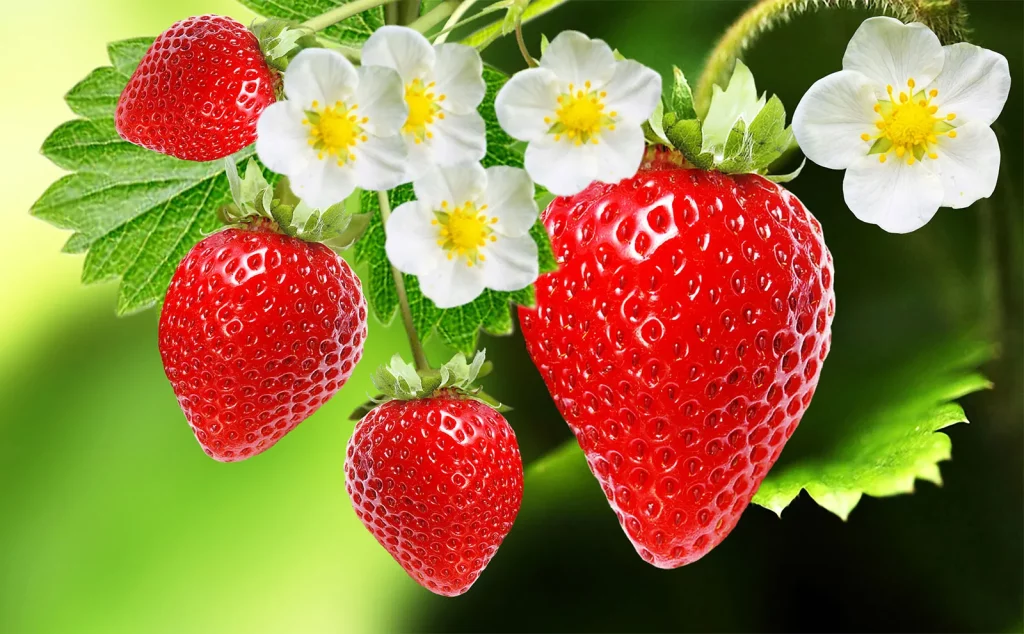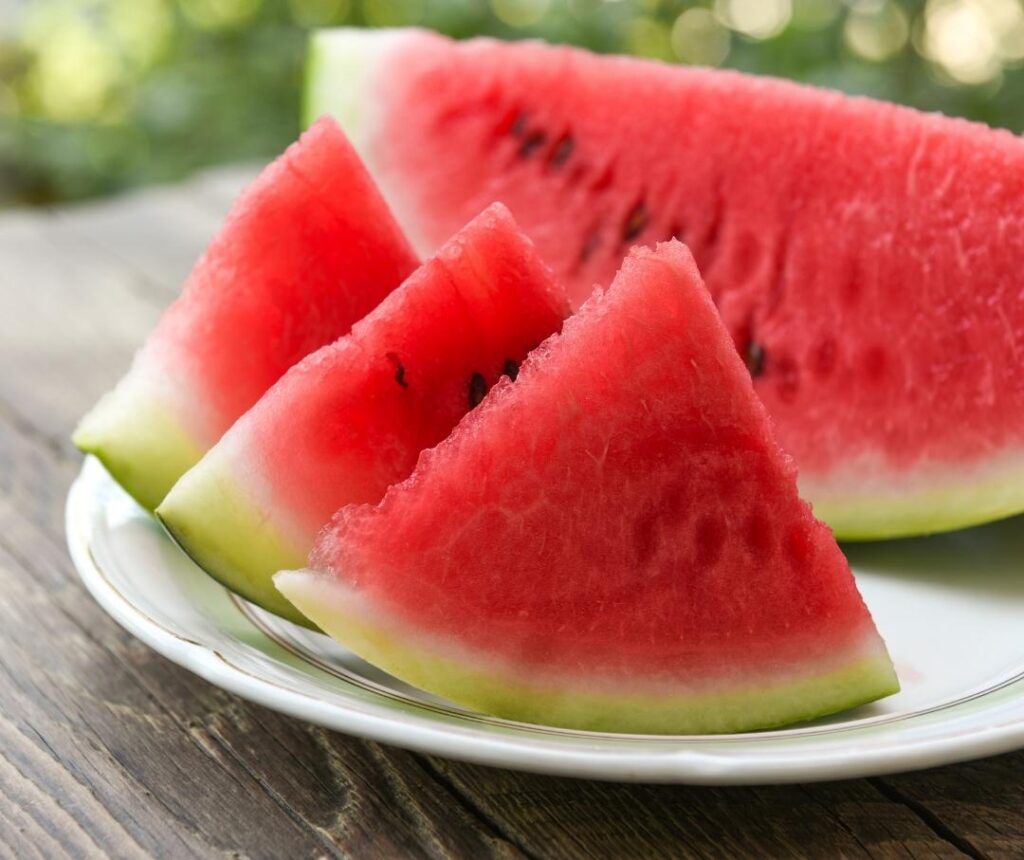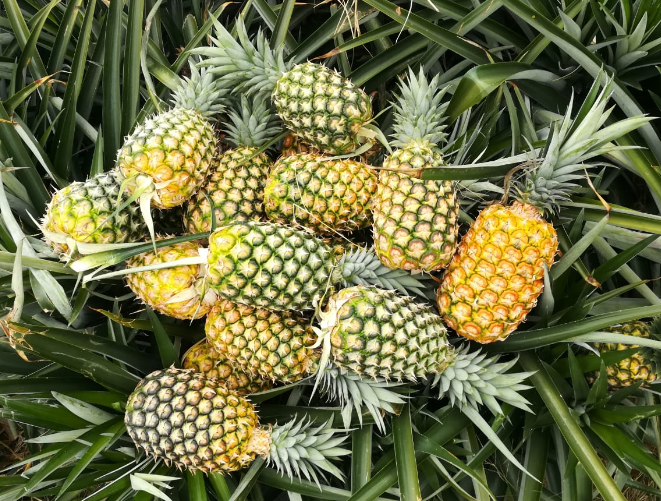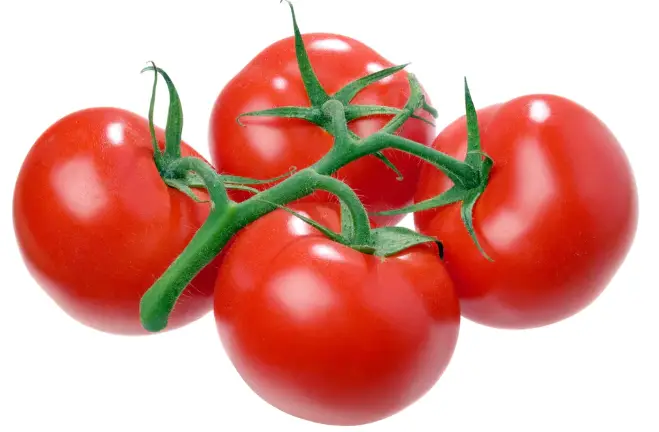Dried fruits like raisins, apricots, and dates are tasty snacks full of good stuff like fiber, vitamins, and minerals. But if you’re avoiding gluten, you might wonder if you can have these dried delights. Let’s dive in and see.
Table of Contents
Gluten Explained and Its Importance
Gluten is a type of protein you find in grains like wheat, barley, and rye. Many people can eat gluten without any trouble. However, some people with celiac disease or gluten sensitivity can get very sick from it. The only way they can stay healthy is by not eating gluten at all.
Gluten can hide in places we don’t expect, so people with gluten issues have to be extra careful. Fresh fruits and veggies are naturally free of gluten but when it comes to processed or packaged food, like dried fruits, you have to check the package.
Drying Fruits: The Process
People have been drying food to keep it from spoiling for a really long time. Taking out the water from food stops microbes from growing and makes the food last longer. Here are a few ways to dry fruits:
- Sun drying – Fruit is spread out to dry under the sun for several days.
- Dehydrators – These machines blow warm air over the fruits to speed up the drying.
- Ovens – Putting fruit in the oven on a low heat dries it out slowly.
These drying methods themselves don’t add gluten to the fruit. Still, other steps in the process before or after drying could, so reading labels is a good habit to get into.
The Significance of Packaging
Dried fruit gets processed and packaged before it ends up in your kitchen. So, what should you look out for on the package?
- Ingredients – The main fruit in the package should be safe. However, companies sometimes add other things like preservatives or flavors that could have gluten in them.
- Shared equipment – Fruits that are 100% pure can still pick up gluten if they’re made on the same equipment that touches gluten-containing foods. Good brands test and clean their equipment to make sure there’s no gluten left.
- Country of origin – Some places don’t make companies say if there’s gluten in their food, especially for things sold in bulk bins. Buying packaged food with clear labels from your own country can help you be more certain.
- Certifications – Look for a gluten-free label from groups like the Gluten-Free Certification Organization (GFCO). This means the product has been checked and meets strict gluten-free standards.
Reading labels carefully is the best way to avoid gluten. If you’re not sure about a product, it’s a good idea to ask the company that makes it for more information before you buy it.
Are Dried Fruits Naturally Without Gluten?
Fresh fruits, when dried, lose moisture but not their gluten-free nature. So, plain dried fruits like mangoes, cranberries, and raisins are gluten-free because they are just the fruit with the water taken out.
Specific Dried Fruits and Their Gluten Status
Now let’s get into some specific dried fruits and whether they are gluten-free:
1. Raisins
Dried grapes, or raisins, are usually gluten-free. They are often covered with oil to keep them from sticking together. Choose organic or clearly labeled gluten-free raisins to be safe from gluten.
2. Dates
Plain dates are just dried fruit with no gluten. But if they’re chopped up or have stuff added, you’ll need to check the label.
3. Prunes
Prunes, which are dried plums, are safe for gluten-free diets because they’re all fruit.
4. Apples
With dried apples, it’s wise to choose brands that say “gluten-free,” as some might be coated with cinnamon sugar or spices that could contain gluten.
5. Apricots
Apricots without added sulfur are gluten-free. The sulfur is used to keep the color and make them last longer. Always look at the ingredients to be sure.
6. Figs
Dried figs, like the black Mission and Calimyrna varieties, don’t need anything added, so they’re naturally without gluten.
In summary, dried fruits like raisins, apricots, and cranberries that only have the fruit itself are gluten-free. But, anything extra added during processing could bring in gluten. The best way to be sure is to read labels, and going for certified gluten-free dried fruits gives extra confidence. Adding a mix of dried fruits to your snacks is a great way to enjoy something sweet and healthy without gluten.
Conclusion
For people who don’t eat gluten, dried fruits can be a great snack option when you choose the right kinds. Stick with trustworthy brands and avoid dried fruits with added ingredients you’re unsure about. Enjoy a selection of these tasty fruits for a variety of gluten-free treats.
Now, you can snack on these dried fruits right out of the bag, or use them to make gluten-free recipes even more delicious. With so many wonderful choices, there’s really no need to miss out on these fruity snacks!
